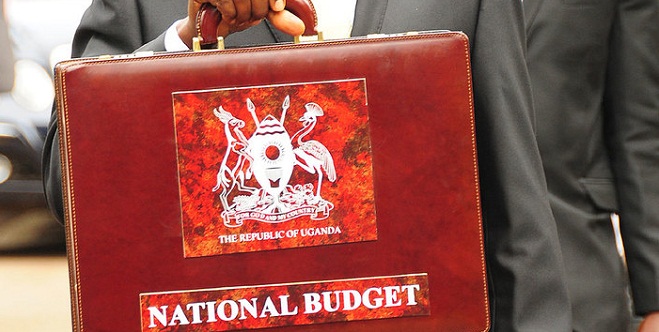
Leaving people behind and under-investing in basic quality services, carries social, economic, and political risks
Uganda’s draft National Budget Framework Paper for fiscal year 2017/18 proposes an ambitious 10% budget increase, benefiting mainly infrastructure, such as roads in the Albertine oil region.
Funding for the security sector also increases, but budgets for health, education, social development and justice are cut.
As development partners, we are committed to supporting Uganda’s efforts to generate private sector growth and decrease reliance on external funding, including aid. We have concerns, however, about whether the proposed budget is compatible with that scenario.
Imagine Uganda in 2030 on the present trend and economic policies: in a favourable scenario, Uganda would be a lower middle income country, with oil revenues flowing, increased trade to the region and elsewhere, peace is maintained, and external aid is being phased out.
Yet in 2030 Uganda’s population is 56 million, with 60% below 18 years. A combination of under-investment and poor absorption capacity leaves most children without access to quality education and adequate health services. Top-down public support for agriculture and agribusiness – the only sectors able to generate sufficient job opportunities – remains inefficient. Most young people in this scenario are under-qualified, unemployed and not able to benefit from oil revenues or economic growth. The judiciary is struggling with mounting backlogs, and inequities are growing.
As long-time friends, partners and admirers of Uganda’s progress and stability, we wish to voice our concern that this scenario may come to pass. We are all hoping to see the positives of increased revenues and trade, and we are working with partners to that end. But leaving people and youth behind, and under-investing in basic quality services, carries social, economic and political risks.
The share of the budget dedicated to social sectors has declined from 37% in 2002/03 to 19% in the proposed Budget for 2017/18, and this in a context of a population growth which Uganda is struggling to sustain. Without government bridging the funding gap arising from the decline in external aid to the social sectors, the earlier results could be compromised.
With over one million newborns annually, Uganda cannot afford to defer these investments. Inevitably, investment per pupil in Uganda has decreased over the years, leading to deterioration in education indicators such as basic numeracy and literacy levels. In health, earlier progress is either at risk, or almost entirely dependent on donor support, as in the fight against and management of HIV/AIDS.
 The Independent Uganda: You get the Truth we Pay the Price
The Independent Uganda: You get the Truth we Pay the Price



